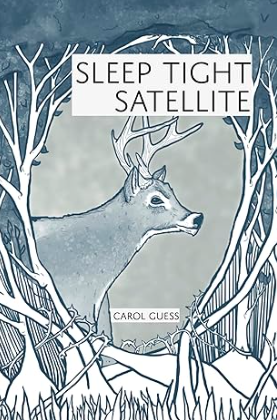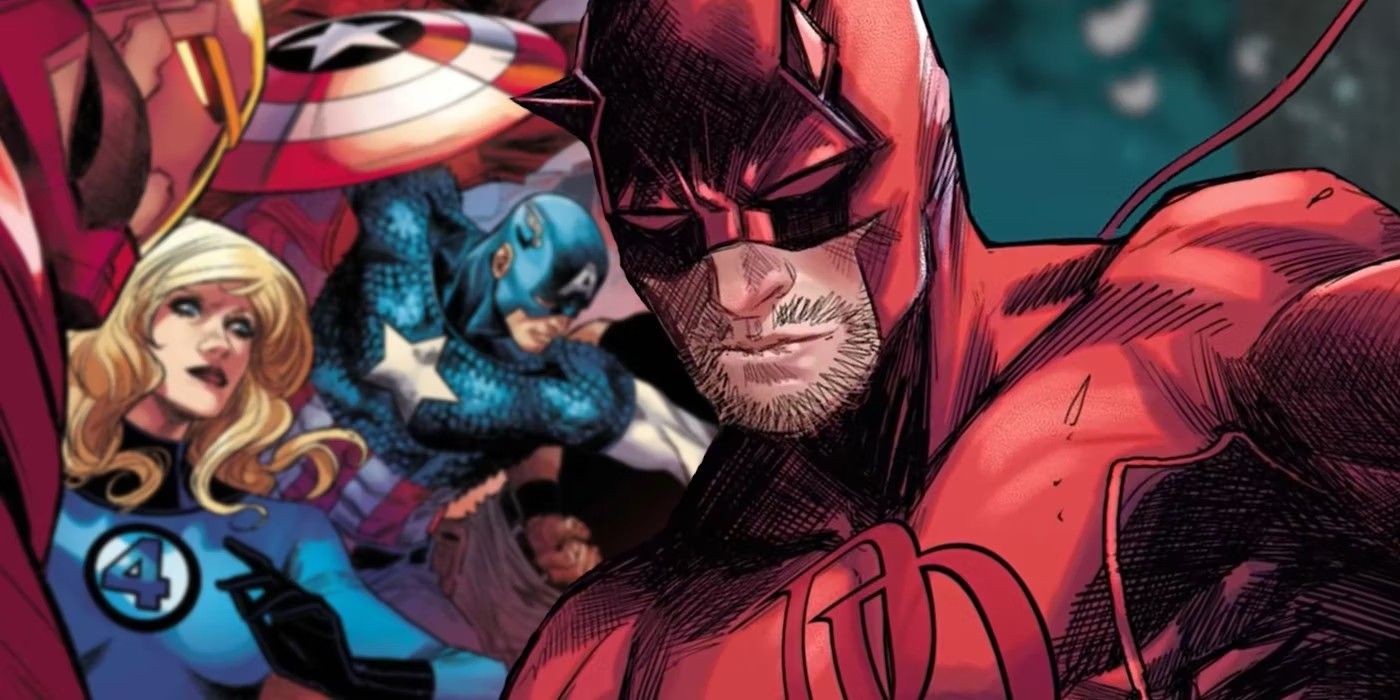As we move into the fall reading season, deeply imagined short stories and inventive linked essays are having a moment alongside novels. What’s thrilling about the books coming out from small presses is the breadth of range—there are intentional and accidental murders, family drama and polycules, medical calamity, geopolitics, and a whole lot of finding one’s way through it all. It’s a marvelous time to be a reader.
Ways to Disappear by Victoria Lancelotta (Fiction Collective 2)
Ways to Disappear is the rare short story collection that reads with the same weight of a novel while concurrently leaning into the short form. The characters are illuminated and linked through careful description, and tethered together with a desire for connection and for solace. A woman tells her mother-in-law she is leaving his son, and finds unexpected support; a teenage couple is committed to their young love until the hardness of the world undoes them; a sister waits for her brother to die. Each story revolves around a critical moment, which adds up to a compelling collection—Lancelotta has her finger on the pulse of how life consumes us, from moments large to small. A compulsively readable and emotionally affecting book.
Dearborn by Ghassan Zeineddine (Tin House)
Equal parts love letter and lament to Dearborn’s Lebanese diaspora, this collection of short stories chronicles everything from terrifying post-911 ICE raids to a father and son stuffing money into frozen chicken carcasses to avoid the IRS. One story follows a collective of husbands and wives as they size up a mustached and very well-endowed Speedo-clad new patron of their local athletic club; the women are titillated and the men are jealous, but they’re all transported to the 1970s when they were young and living in the village of Sofar. In another, a married woman who is conflicted about her neighbor’s new marriage offers refuge to the abused bride. In this portrait of Arab America, Zeineddine’s scenes are sometimes deadly serious and in other moments, laugh-out-loud funny. Through masterful dialogue and careful characterization, the stories in Dearborn stand in excellence.
Good Women by Halle Hill (Hub City Press)
Across a dozen stories, Good Women explores the lives of twelve Black women in the Appalachian South. A wife knows her husband is angry and disappointed that she is not pregnant yet, but she hasn’t stopped taking her birth control in secret. A sister tries to help her brother connect with the married man he is seeing; the brutality that follows only brings them closer. A preacher’s daughter finds her father’s stash of pornographic magazines and evidence of an affair after his passing, and in these revelations, discovers something about herself. Good Women surfaces the power of blood and chosen family, the consequence of place, and the sheer power of women acting for themselves in a society that defines them in relationship to men and whiteness. A talented writer to watch.
Landscapes by Christine Lai (Two Dollar Radio)
Penelope lives in a vast and crumbling family estate in England. For twenty years, she has worked as an archivist, eventually partnering with one of the estate’s owners. They live a quiet life, and Penelope continues to catalog the holdings of the property, even though it is scheduled for demolition. As the climate crisis escalates, the trees and gardens have died around her, and the razing of the estate—her partner and his brother’s childhood home—has triggered a visit from the brother, who sexually assaulted her two decades earlier. Landscapes is deftly textured with journal entries, narrative, art history and criticism. What emerges is a hypnotic novel that meditates on loss and violence. A gorgeous and accomplished debut.
When My Ghost Sings by Tara Sidhoo Fraser (Arsenal Pulp Press)
After the author of the beautifully layered memoir When My Ghost Sings has a stroke at the young age of 32, she creates a persona for the person she was before her brain betrayed her. Tara’s present ego and her before-ego, who she names Ghost, often battle one another: Tara in the now, trying to thread her frayed memory, and Ghost in the prior time, sure in her own grasp of history. What emerges is a split image of two women who are both right, and both wrong concurrently. As Tara excavates her bodily trauma and reconciles her two egos, her romantic partner is navigating a transition of their own as they begin gender affirming hormone treatment. When My Ghost Sings is detailed, introspective, and reads with a narrative force that asks soul-searching questions about who we are, who we were, and who we could be.
All Water Has Perfect Memory by Nada Samih-Rotondo (Jaded Ibis Press)
In this memoir-in-essays, Samih-Rotondo juxtaposes her own story with the stories of her matriarchs against the backdrop of forced migration. Just as her grandmother had to flee Palestine during the 1948 Arab-Israeli war, Samih-Rotondo, her mother, and her siblings escaped Kuwait as Iraq invaded in 1990. Her parents have divorced and her father stays behind. At just six years old, young Nada is in Rhode Island, and already beginning to see the expectations placed on women, and especially Muslim women. Yet, for as much family history that she knows, there are also secrets. As she grows up in 1990s America, she learns her mother has an estranged son from a first marriage in Saudi Arabia; by the time Samih-Rotondo has a one-year-old of her own, she discovers her grandmother was also forced to give up a son. All Water Has Perfect Memory touches on war, ancestral homes, and the fierce connections between mothers and daughters, but mostly it touches the heart.

Sleep Tight Satellite by Carol Guess (Tupelo Press)
A woman finds someone living in a secret room in their apartment building, a neighbor’s chocolate chip cookies cross-contaminated with peanuts causes a death, a wife announces divorce to her husband via a sticky note. Set in the Pacific Northwest, this collection of stories has some linkage through characters who work at the same company, overlap in polycules, or have mutual friends, but the strongest connection in the stories is in the theme of chosen family. Sleep Tight Satellite is also an entry into post-pandemic literature, with many of the stories capturing the terror, and sometimes the hilarity, of lockdown life. Guess beautifully executes on the tension between surveillance culture—which includes camming and Zoom—and the human desire for wanting to be not just seen, but known. Guess shows her depth as a writer, in stories that are topically, structurally, and linguistically innovative without losing sight of emotional impact, and fans of her work will note that she’s never been better. A truly stunning collection.

Unexpected Weather Events by Erin Pringle (AWST Press)
In these nuanced stories, often told from a child’s perspective, death is right around the corner and is just as predictable as wintertime snow. Six years after their father’s suicide, a trio of brothers go get milk while their mother is on a date and find a valentine for the oldest boy in the grocery store; a wife and husband reunite after his terminal cancer diagnosis; the ghost of a long gone sister appears to purchase a chair from her living sister; war breaks out over the Illinois cornfields. What Unexpected Weather Events speaks to as a collection is the fragile hold we all have on the scaffolding that props up our lives. Despite the often bleak premises, moments of hope and even joy manage to shine through. Though Pringle’s characters do not always find transcendence, her storytelling does.
Yesteryear by Stephen G. Eoannou (Santa Fe Writers Project)
During the 1930s Depression, radio writer Francis “Fran” Striker has too many mouths to feed on a meager salary, but at least he’s still employed. As the final notice bills pile up on his desk—and his wife’s parents move in with them after losing their home—Fran knows he needs to make more money. Yet, after being robbed and assaulted after a visit to a speakeasy, he can’t get anything down on the page, which is the only way he knows how to get paid. Yesteryear is a wild ride told in the style of radio dramas of the era: Fran is cursed by a madam, the gangsters keep tommy guns stowed in trombone cases, diamond rings are stolen. A gravedigger, bowling pin setter, and prize fighter are pivotal characters. Still, it is Fran, the real-life creator of the Lone Ranger series, that steals the show. Eoannou gives readers a novel that is just as dramatic as it is fun.
Deliver Me by Elle Nash (Unnamed Press)
In the Missouri Ozarks, Daisy lives with her boyfriend who is an insect breeder—and fetishist—while she works at a chicken processing facility, snipping through dead bird after dead bird with a pair of pneumatic scissors. Though she has left the Pentecostal church, she has not been able to leave behind the feelings of judgment; her religious mother isn’t helping. After a series of heart-aching miscarriages, none of which she received appropriate physical or emotional care for, Daisy is pregnant again. She
needs this baby to validate her body, her relationship with her boyfriend, and to get a different kind of attention from her mother. Yet, when her old friend Sloane reappears in her life, the very tenuous threads that hold Daisy’s life together start ripping apart at the seams. With her trademark psychological complexity and unflinching centering of the human body in all its grotesqueness, Deliver Me is Elle Nash at the height of her powers. Riveting from beginning to end.
What Makes You Think You’re Supposed to Feel Better: Stories by Jody Hobbs Hesler (Cornerstone Press)
In these 17 stories set in Virginia lies a sinister undercurrent. A girl at a grown-up party narrowly misses a kidnapping, a toddler nearly drowns in a hotel pool, an insular neighborhood witnesses a murder. Yet, What Makes You Think You’re Supposed To Feel Better also strikes a tender note as the characters work through their heartbreaks and repair their relationships. One misguided man purchases a life-sized M&M statue thinking it will be the perfect gift. There is tension in the collection; it is never clear when the plots will turn toward something better or worse, but Hobbs Hesler ties the stories together with a sense of longing—for stability, for comfort, for lives that could have been. Written with compassion and rich detail, this is a memorable debut.
The River, The Town by Farah Ali (Dnzac Books)
The River is a rural area in Pakistan that struggles daily with water access in the face of climate disaster. When Badaal leaves his family for The Town, he opens a wound in a family accustomed to loss. Told from different voices over a 30 year period, this family saga coalesces under the theme of hunger—for food, for love, for connection—and freedom, from bad relationships, grief, family strife. As his parents’ marriage crumbles, Badaal marries a much older woman and moves to The City. He quickly becomes estranged from his mother, who is trying to process her own lifelong trauma around the deaths of her siblings and her daughters—and now she faces losing Badaal. The River, The Town is a novel that exists in the intersection between intergenerational trauma and climate change, with The Town and The City as twin tributaries. A complicated and rewarding novel.
Tandem by Andy Mozina (Tortoise Books)
Mike Kovacs, an economics professor, has one too many beers. Instead of just going home to his quiet Kalamazoo neighborhood, he takes a long drive—and hits a tandem bike, instantly killing both of the riders. Protected by his own idea of privilege and in a haze of justification about what he deserves (not prison, in his estimation), Mike cleans up the murder scene and doesn’t turn himself in. Even as he recognizes one of the victims as his neighbor Claire’s daughter, he refuses to come clean, choosing instead to forge a relationship with Claire, whose marriage is buckling under the weight of grief for a lost child. Mike is a uniquely terrible person, but under Andy Mozina’s sure hand as a novelist, even a very unlikeable character becomes compelling. This book forces readers to ask: what would you do?
Ndima Ndima by Tsitsi Mapepa (Catalyst Press)
Set mostly in Harare, the capital city of Zimbabwe, Ndima Ndima follows the stories of the four Taha sisters and their mother through the 1990s. The youngest sister, Nyeredzi, has a strong bond with her mother, Zuva, who left her family, two decades earlier, to fight in the civil war, and returned to find she had been betrayed by her fiancé and her siblings. Instead of acting in anger from the violence she has witnessed, Zuva raises her girls—and especially Nyeredzi—with a sense of righteousness and to know their own power. When Nyeredzi sees her brother-in-law touching a woman who is not his wife, she speaks up. When Nyeredzi sees her cousins disrespecting the dwelling of a powerful spirit, she speaks up. In telling stories of the bonds between mothers and daughters, from the playful to the profound, Mapepa delivers a novel with profound emotional resonance.
The Children of this Madness by Gemini Wahhaj (7.13 Books)
Once part of a family of five, Beena and her father are the only survivors. A bombing in Bangladesh kills Beena’s mother and middle brother; her youngest brother died as a child years earlier after a car accident when the family was living in Iraq. As Beena completes her studies in literature in Houston, she mourns for the loss of so much of her family and worries over her stubborn, aging father. In the wake of the violence that has left Beena motherless, she marries—in part because she cares for the man, but also to avoid being set up with a Bengali businessman who works for a corporation that profits from war-time conflict. As the 2003 invasion of Iraq escalates, Beena struggles to balance caring for her father, her grief, her new marriage, while wondering where she fits into it all. Told in dual perspectives from Beena and her father over decades, The Children of the Madness captures the destabilizing impact that geopolitical forces have on actual people. Against a backdrop of loss, migration, and an exploration about what it means to find happiness, Wahhaj’s novel is unforgettable.
























































